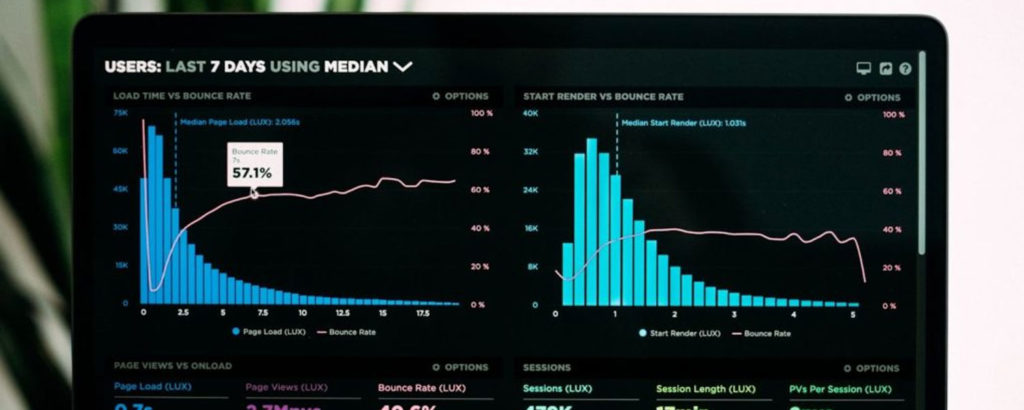My systems background and training includes both unix and NT. The GUI is
wonderful for onesy-twosey tasks. If you want to manage a server farm or
workstation farm, you will need to use commandline utilities and scripts. For a
scripting language, I recommend Perl ( see link for Perl book recommendations). If
you are at all familiar with my site, a strong nearly overriding focus is on
utilities that make the admin’s job easier. Only with commandline utilities can
you automate tasks using scripts. I strongly recommend that you take a look at
the Windows NT
Adminstrative Toolset. Some of the commands would appeal only to a hard core
unix admin but there are real gold for the hard pressed admin in this freeware
toolset. The following is grabbed from their page:
Description of tools (* indicates that the tool operates both locally and
remotely)
- abort* : Aborts impending shutdown
- addgrpmem* : Adds a member to a local or global group
- bootmv : Renames or removes file upon reboot.
- buevt* : Backs up an event log.
- cancel* : Cancels print jobs.
- cat : Prints contents of file to screen.
- chprinter* : Changes printer properties.
- chsvc* : Changes service properties.
- chuser* : Changes user properties.
- clevt* : Clears an event log.
- clfile* : Closes a file opened via file sharing.
- cpuser* : Creates a new user based on an existing user’s properties.
- cron : A version of cron for NT. This is a native Windows NT service.
- df : Lists disk capacity and free space.
- disable* : Pauses a printer.
- du : Lists file and directory sizes
- enable* : Causes a paused printer to resume.
- getprocinfo : Lists process information, including parent process.
- head : Outputs a given number of lines from the beginning of a file or
STDIN.
- ifconfig : Lists TCP/IP network adapter settings.
- iostat* : Displays I/O statistics.
- kill : Terminates a process.
- lpstat* : Lists printer and print job status.
- lsevt* : Prints event log.
- lsexe : Lists executable file headers.
- lsfile* : Lists files opened via file sharing.
- lsgroup* : Lists group properties.
- lsmon* : Lists print monitors.
- lspdc* : Lists Primary Domain Controller.
- lsport* : Lists printer ports.
- lsprinter* : Lists printers.
- lsprtattr* : Displays printer configurations.
- lsprtdirs* : Lists special directories used by the spooler.
- lsprtdrv* : Lists printer drivers.
- lsprtproc* : Lists print processors.
- lsprtproctypes* : Lists print processor data types.
- lsrepl* : Lists replication properties.
- lssess* : Lists details of current sessions.
- lsshare* : Lists details of shares, computers, and network resources.
- lssvc* : Lists running and/or disabled drivers and/or services.
- lstcp* : Lists TCP/IP settings.
- lsuser* : Lists user details, e.g., date of last login, total number of
logins, etc.
- mail : Sends SMTP mail.
- memcheck : Displays total and free amounts of physical and virtual memory.
- mkgroup* : Creates a group.
- mkport : Creates printer port.
- mkprinter* : Creates printer.
- mkprtdrv* : Installs a printer driver.
- mkshare* : Creates share.
- mksvc* : Installs a service.
- nbtlookup : Finds IP address via netbios name lookup.
- nice : Runs program at given priority.
- nstat* : Displays networking statistics.
- ntdate : Displays system date in variable format.
- ntfinger* : Displays list of users whose names contain a given string. So
named so as not to conflict with the NT Resource Kit’s finger.
- ntsort : Sorts on multiple columns with numeric and reverse capabilities.
- passwd* : Changes user’s password.
- portprobe : Probes for active ports on remote computer.
- ps* : Lists running processes in simple or detailed format.
- rdf : Lists disk capacity and free space on remote computers.
- renice : Changes the priority of a running process.
- rmgroup* : Removes a group.
- rmgrpmem* : Removes a member from a group.
- rmport* : Removes printer port.
- rmprinter* : Removes printer.
- rmprtdrv* : Removes a printer driver.
- rmshare* : Removes share.
- rmsvc* : Removes a service.
- rmuser* : Removes a user.
- shutdown* : Shuts down server with various options. Note, the NT Resource
Kit also has a shutdown program. The two are functionally equivalent–mine’s
just alot cheaper.
- startsvc* : Starts a service.
- stopsvc* : Stops a service.
- strings : Displays strings within file.
- tail : Outputs given number of lines from the end of a file or STDIN.
- times : Displays amount of wall time and user and privileged CPU time
consumed by process.
- top* : Displays list of top CPU using processes with a user specifiable
refresh rate.
- touch : Changes the file times of a given file.
- uname : Displays a few system vitals.
- uptime : Displays date, uptime, and number of active sessions.
- vmstat* : Displays CPU statistics.
- wc : Counts lines in a file.
- which : Displays which executable a given command will run based on the
user’s PATH variable.
- whois : Lists domain and IP information.
- write* : Sends a message to another user or computer.
- xargs : Processes input in specifiable way.



